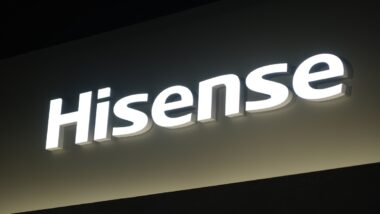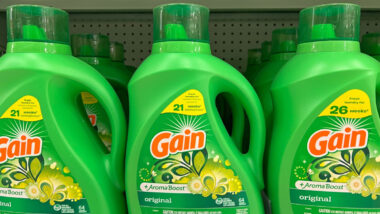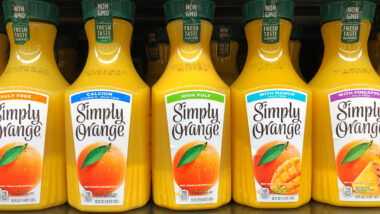
Plaintiff Carmela F. states she was forced to file the Chase robocall lawsuit due to the bank’s unwanted calls to her cellphone and alleged disregard to the stress the calls were causing her.
According to the Chase robocall lawsuit, the bank knowingly violated the Telephone Consumer Protection Act (TCPA) when conducting these phone calls. The TCPA is a federal privacy law established in the early 1990s, which dictates the conduct of telemarketers and how they contact consumers.
Under the rules of the TCPA, businesses cannot contact consumers outside of reasonable daylight hours, nor can they place any calls to emergency service lines.
However, the TCPA primarily focuses on preventing business from invading the privacy of consumers by requiring them to gain consent and prohibiting the use of unfair technology.
Overview of Chase Robocall Lawsuit
The Chase robocall lawsuit states Carmela revoked the bank’s right to contact her via cell phone or any other form of communication on Dec. 9, 2015, during a telephone conversation. Each of these unwanted phone calls were allegedly made after Carmela revoked her consent; the bank also had no prior express consent from her either.
Chase had reportedly made up to four unwanted cell phone calls per day after Carmela revoked her consent, which were allegedly placed using an automated dialing system. Evidence of an automated dialing system was indicated based on the number of calls Carmela received, along with the fact that an artificial voice answered when she accepted the call.
Carmela alleges these calls violated the TCPA, a set of important federal privacy laws businesses must follow when treating their customers’ personal information. Under the TCPA, businesses are prohibited from using an automated dialing system to randomly generate phone numbers to place calls to and are also not allowed to use an artificial voice recording, or robocall, to respond if the call is answered.
TCPA policy was recently amended to include spam text messages, in which businesses are prohibited from sending unwanted texts to consumers.
In addition to how calls are made, the TCPA requires businesses to gain express prior consent from consumers before any automated communications are placed. This means consumers must expressly tell the business they may contact them, before any autodialed calls or texts are made.
If consumers revoke their consent, businesses must cease contact with the consumer. Businesses must add the consumer to their do-not-call registry, which must be honored for the next five years. Due to the sensitive nature of consumer privacy, businesses can face fines between $500 to $1,500 per violation.
Depending on whether or not the consumer can prove willful violation, businesses could face the maximum financial penalty. Carmela is filing this Chase robocall lawsuit seeking damages for TCPA violations, along with any additional damages.
This Chase Robocall Lawsuit is Case No. 8:17-cv-03042-EAK-MAP, in the U.S. District Court of Middle Florida, Tampa Division.
Join a Free TCPA Class Action Lawsuit Investigation
If you were contacted on your cell phone by a company via an unsolicited text message (text spam) or prerecorded voice message (robocall), you may be eligible for compensation under the Telephone Consumer Protection Act.
ATTORNEY ADVERTISING
Top Class Actions is a Proud Member of the American Bar Association
LEGAL INFORMATION IS NOT LEGAL ADVICE
Top Class Actions Legal Statement
©2008 – 2024 Top Class Actions® LLC
Various Trademarks held by their respective owners
This website is not intended for viewing or usage by European Union citizens.















One thought on Chase Robocall Lawsuit Alleges Multiple TCPA Violations
Tired of the calls and they even for me